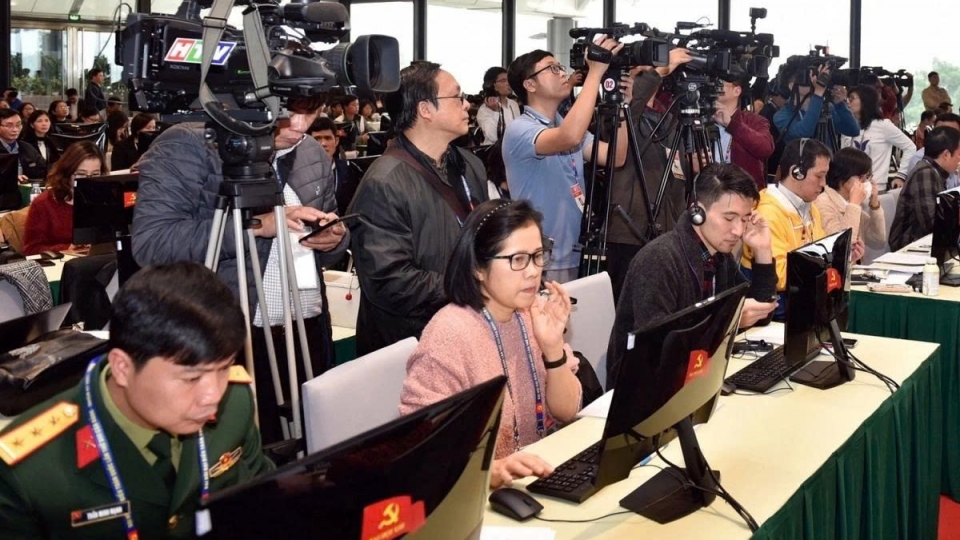Press forms crucial factor in Vietnam’s fight for independence, development process
As Vietnam is celebrating the 100th anniversary of its Revolutionary Press Day (June 21), Gaston Fiorda, a veteran journalist from Radio Nacional Argentina, has underscored the crucial role of Vietnamese journalism in the nation’s fight for independence and development process.

In a sit-down with Vietnam News Agency (VNA) reporters based in Buenos Aires, Fiorda traced the roots of Vietnam’s revolutionary press, which was founded even before the Communist Party of Vietnam was born in 1930. Underground political movements and grassroots groups, he said, had harnessed journalism to spread information and rally public support. These early efforts forged a unified narrative around the Vietnamese people’s yearning for independence, freedom, and cultural preservation.
Under the French colonial rule, the dominance of the French language in education and media stifled Vietnamese culture, Fiorda explained. Revolutionary journalism then became a vital conduit, connecting political leaders with farmers, workers, and ordinary citizens. It was a bridge that unified resistance strategies and built national solidarity, he said, calling it a remarkable case of political communication aligned with revolutionary ideals and grassroots mobilisation against colonialism.
He also praised the modern evolution of Vietnam’s press, which he said now serves a dual purpose: introducing Vietnam to the world while bringing global perspectives to domestic audiences. He stressed that international media and, especially, Vietnam’s foreign-language news outlets play a critical part in showcasing the country's people, culture, and policies to global audiences.
Regarding the impact of technology, he offered an optimistic view on the role of artificial intelligence (AI) in journalism. “AI won’t replace journalists,” he said. “It’s a tool for those who master it”.
Drawing parallels with AI’s impact on academia and research, he suggested it could improve journalistic reporting and communication without displacing human creativity or ethical decision-making. “When used wisely, AI can raise the standard of journalism,” he concluded.




